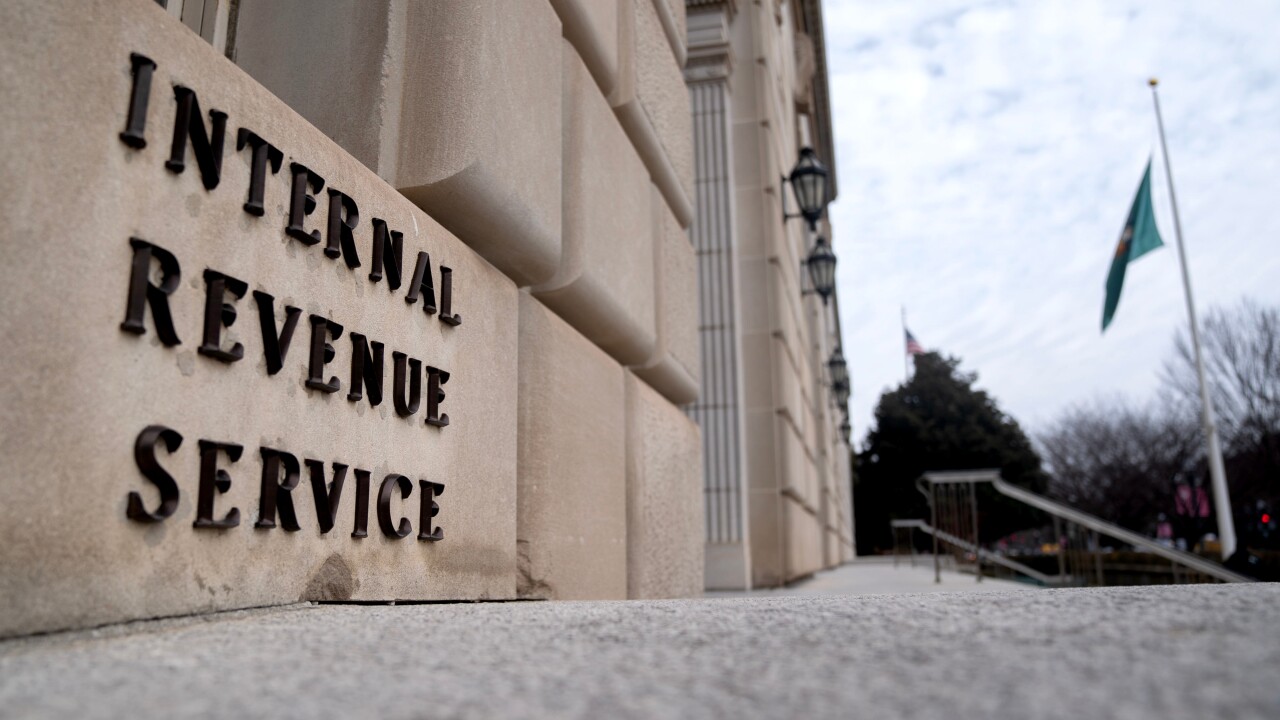The Senate’s bipartisan infrastructure deal envisions imposing stricter rules on cryptocurrency investors to collect more taxes to fund a portion of the $550 billion investment into transportation and power systems.
The provisions would raise an additional $28 billion from cryptocurrency transactions, according to a summary of the plan. The proposal would impose more rules on crypto brokers to report transactions of digital assets, including virtual currencies, to the Internal Revenue Service. It would also require businesses to report crypto transactions of more than $10,000.
The cryptocurrency measures were last-minute additions to the infrastructure deal announced Wednesday after weeks of haggling between Republicans and Democrats over what spending to include in the deal and how to pay for it. Imposing more scrutiny on cryptocurrency trades has been a priority for members of both parties, including President Joe Biden’s Treasury Department, and Senator Rob Portman of Ohio, the lead Republican in the infrastructure talks.
The Treasury, in a
Portman said concerns about the transparency of cryptocurrency have been building in Congress for some time and that is why the measure was added to the deal. “Everybody’s been talking about the appropriate way to provide more reporting in particular and that leads to better compliance,” he told reporters on Wednesday night.

The proposal comes as IRS enforcement officials say that cryptocurrency is increasingly becoming an area for tax cheats to hide income from the federal government. The IRS in 2020 added a line about cryptocurrency on Form 1040, the individual tax return, in an effort to gain more visibility into virtual currency transactions.
Some executives in the cryptocurrency industry reacted negatively to the proposal and said certain companies that would seem to fall under the provision don’t have the ability to collect the information that it calls for.
“It’s hugely problematic,” said Kristin Smith, executive director of the Blockchain Association, a Washington-based trade group, arguing that the provision could push some companies overseas. “We’re pushing every lever right now to change it.”
— With assistance from Colin Wilhelm, Allyson Versprille, Kaustuv Basu, Joe Light and Erik Wasson





